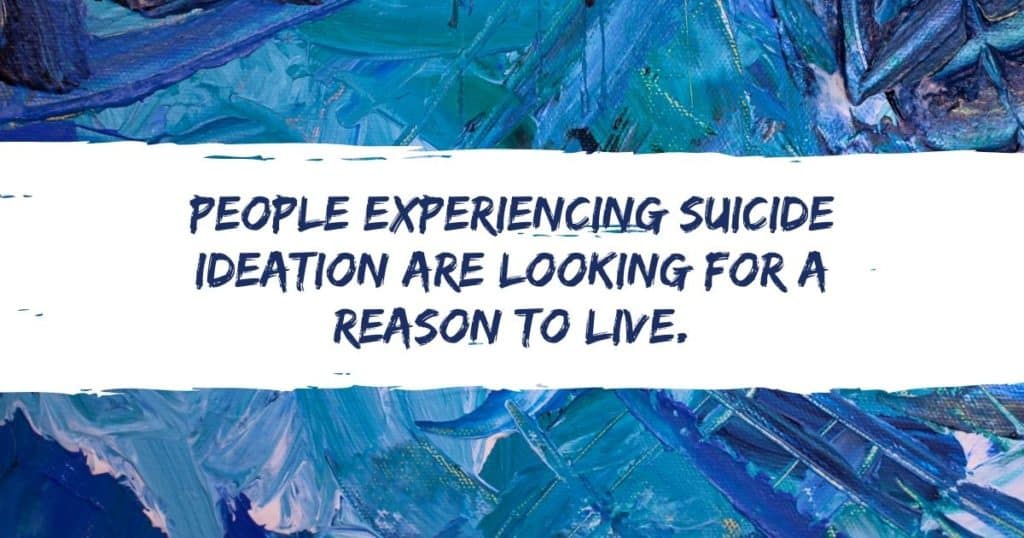Modern science tells us how brain architecture develops at a young age. In fact, early childhood experiences have an enormous impact on brain development and can affect our health throughout our lives. Think about that! Early childhood development and early childhood experiences affect the long term impact on learning, physical, and mental health. Numerous amount of new research tells us adversity early in life, particularly toxic stress that children experience early in life can get into their body and change the developing architecture of the brain. The experiences children go through early in life affect how the developing brain gets built. This is very important to note because the basic structures we develop as infants lay the foundation for more complex structures that develop as we grow. The same way a house needs a firm foundation to support the walls and roof, a brain needs a good base to support all future development. Research tells us brains are built over time and the foundations of brain architecture are assembled early in life.
The positive interactions that occur between children and their caregivers (parents, or an adult person who is responsible for the child’s wellbeing) accurately build the architecture of the developing brain to provide a strong base for a lifetime of better health. On another note if a child experiences life is filled with negative experiences such as abuse (verbal, physical, emotional and sexual) or neglect, and if there is no caregiver available to support the child during this period, a sturdy brain foundation may never develop. This can lead to lifelong learning difficulty, health problems including all kinds of addiction and mental illness. What does this mean? The experiences we have in our earliest years of life can affect our health for a lifetime.
The undeniable strong influence of early childhood experience on brain architecture makes the early years a period of both great opportunity and great vulnerability for development. Environments that provide adequate nutrients, free of toxic stress, rich social interaction with responsive caregivers paves the way for the developing brain to function well later in life in a range of circumstances. In contrast, children growing in toxic environments where well nourishment and basic care is absent; are deprived of appropriate sensory, emotional, and social experiences are more likely to have a weak brain foundation. Once such a weak foundation is established can have detrimental effects on further brain development, even if a healthy environment is restored at large later in the child’s life. Since strong societies are made up of healthy individuals, it’s up to us as a community to do our very best to ensure young children exposed to all kinds of positive and nurturing experiences that they need to build healthy brains and bodies.
S.G.






